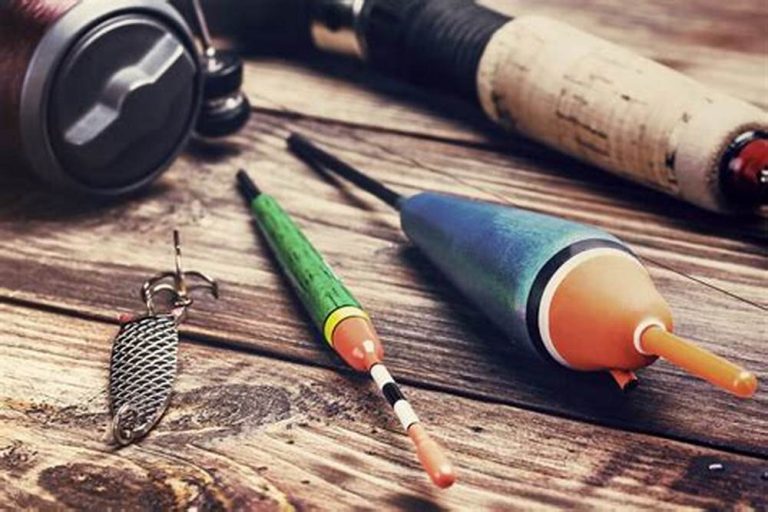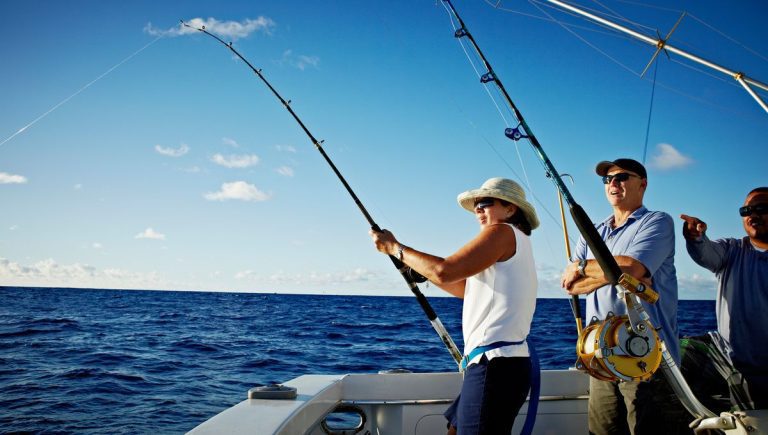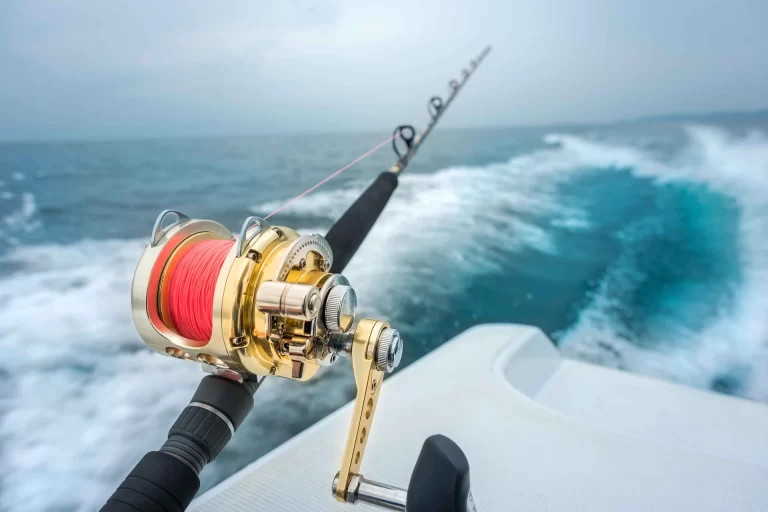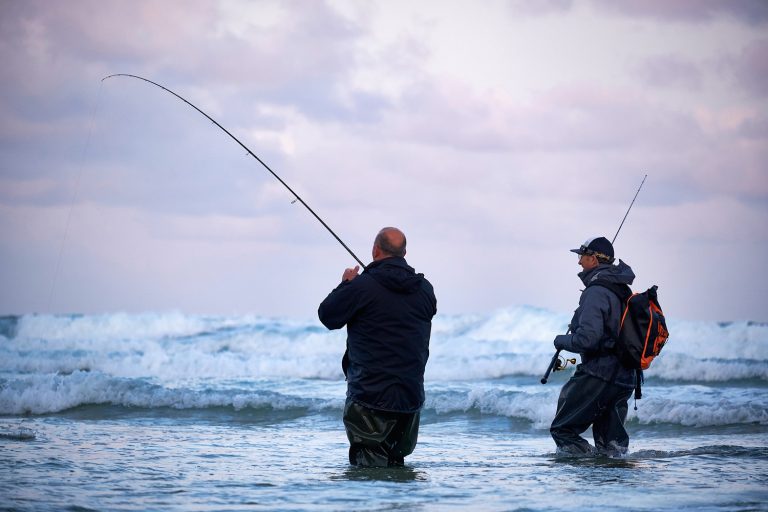Are you an out-of-state angler dreaming of casting your line in West Virginia’s pristine waters? Look no further! This comprehensive guide will equip you with all the essential information you need to obtain a non-resident fishing license and embark on an unforgettable fishing adventure in the Mountain State.
Why You Need a Non-Resident Fishing License
West Virginia is home to an abundance of diverse fishing opportunities, from the meandering rivers and streams to the serene lakes and reservoirs. However, as a non-resident, you are required by law to possess a valid fishing license to legally fish in these waters. Obtaining a license not only ensures compliance with state regulations but also contributes to the conservation efforts that sustain West Virginia’s thriving aquatic ecosystems.
At a Glance: Non-Resident Fishing License Prices
Before we dive into the details, let’s address the burning question: How much does a non-resident fishing license cost in West Virginia? Here’s a quick overview of the prices:
- Annual Non-Resident Fishing License (Class F): $37.00
- One-Day Non-Resident Fishing License (Class LL): $3.00
In addition to these licenses, all licensed anglers, including non-residents, are required to purchase a Conservation/Law Enforcement Stamp (Class CS/LE) for $13.00. This stamp helps fund vital conservation efforts and law enforcement activities related to fishing in West Virginia.
Choosing the Right License for Your Fishing Plans
Now that you know the prices, it’s time to determine which license best suits your fishing plans. The annual non-resident fishing license is an excellent choice for those planning multiple fishing trips or an extended stay in West Virginia throughout the year. It provides the flexibility to fish whenever the opportunity arises, without the need for additional purchases.
On the other hand, if you’re planning a short fishing getaway or want to test the waters before committing to an annual license, the one-day non-resident fishing license is a cost-effective option. It allows you to enjoy a full day of fishing without breaking the bank.
Additional Permits and Stamps
Depending on your specific fishing plans, you may need to purchase additional permits or stamps. Here are some common ones to consider:
- Trout Fishing Stamp (Class OO): $16.00
- Required for non-residents who want to fish for trout in West Virginia’s waters.
- National Forest Hunting/Trapping/Fishing (Class I): $2.00
- Required for licensed anglers fishing in national forests within West Virginia.
- Combination Hunting, Trapping, and Fishing (Class AB-L): $805.00
- A lifetime license that covers hunting, trapping, and fishing privileges for non-residents.
It’s essential to check the specific regulations and requirements for the areas you plan to fish in, as additional permits or stamps may be necessary.
Where to Purchase Your Non-Resident Fishing License
West Virginia offers several convenient options for purchasing non-resident fishing licenses:
- Online: Visit the West Virginia DNR website to purchase your license online. This option allows you to print your license immediately after purchase, ensuring you’re ready to hit the water as soon as you arrive.
- Retail Agents: West Virginia has over 160 authorized retail agents throughout the state, including sporting goods stores, bait shops, and some Walmart locations, where you can purchase licenses in person.
- DNR Offices: You can also visit a West Virginia Division of Natural Resources (DNR) office and purchase your license directly from their staff.
When purchasing your license, be prepared to provide proof of your non-resident status, such as an out-of-state driver’s license or ID card.
License Validity and Renewal
Non-resident fishing licenses in West Virginia are valid for the calendar year in which they are purchased. This means that if you buy a license in December, it will expire on December 31st of the same year. You’ll need to renew your license at the beginning of each new year if you plan to continue fishing in West Virginia.
It’s important to note that licenses are non-transferable, and you must carry your valid license and any required stamps or permits with you while fishing.
Fishing Regulations and Conservation Efforts
West Virginia is committed to preserving its natural resources and promoting sustainable fishing practices. By purchasing a fishing license, you’re contributing to the state’s conservation efforts and helping to maintain healthy fish populations for future generations.
When fishing in West Virginia, it’s crucial to familiarize yourself with the state’s fishing regulations, which cover topics such as:
- Catch limits and size restrictions for different fish species
- Fishing seasons and closed areas
- Approved fishing methods and bait
- Reporting requirements for tagged or trophy fish
You can find the latest fishing regulations on the West Virginia DNR website or by requesting a printed copy when purchasing your license.
Explore West Virginia’s Fishing Hotspots
With your non-resident fishing license in hand, you’re ready to embark on an unforgettable fishing adventure in West Virginia. Here are just a few of the state’s renowned fishing destinations to whet your appetite:
- Monongahela National Forest: This vast wilderness area offers numerous streams and rivers teeming with trout, bass, and other game fish.
- Summersville Lake: Known for its crystal-clear waters and abundant smallmouth bass, this lake is a must-visit for any serious angler.
- Cheat River: This scenic river is a popular destination for fly fishing enthusiasts, with opportunities to catch trout, bass, and more.
- Stonewall Jackson Lake: This picturesque lake is a prime spot for catching largemouth bass, crappie, and catfish.
Remember, each fishing location may have its own specific regulations and requirements, so be sure to check before casting your line.
Conclusion
Obtaining a non-resident fishing license in West Virginia is a straightforward process that opens the door to countless fishing adventures in the Mountain State’s diverse waterways. By following the guidelines and regulations outlined in this guide, you can enjoy the state’s fishing opportunities while contributing to the conservation of its natural resources.
So, what are you waiting for? Grab your rod, purchase your non-resident fishing license, and get ready to experience the thrill of fishing in West Virginia’s pristine waters. Whether you’re a seasoned angler or a newcomer to the sport, the Mountain State promises unforgettable memories and the chance to reel in the catch of a lifetime.


![How Much is a Fishing License in Minnesota? [2024 Costs & Guide]](https://usfishinglicenses.com/wp-content/uploads/2024/05/How-Much-is-a-Fishing-License-in-Minnesota-768x432.jpeg)


